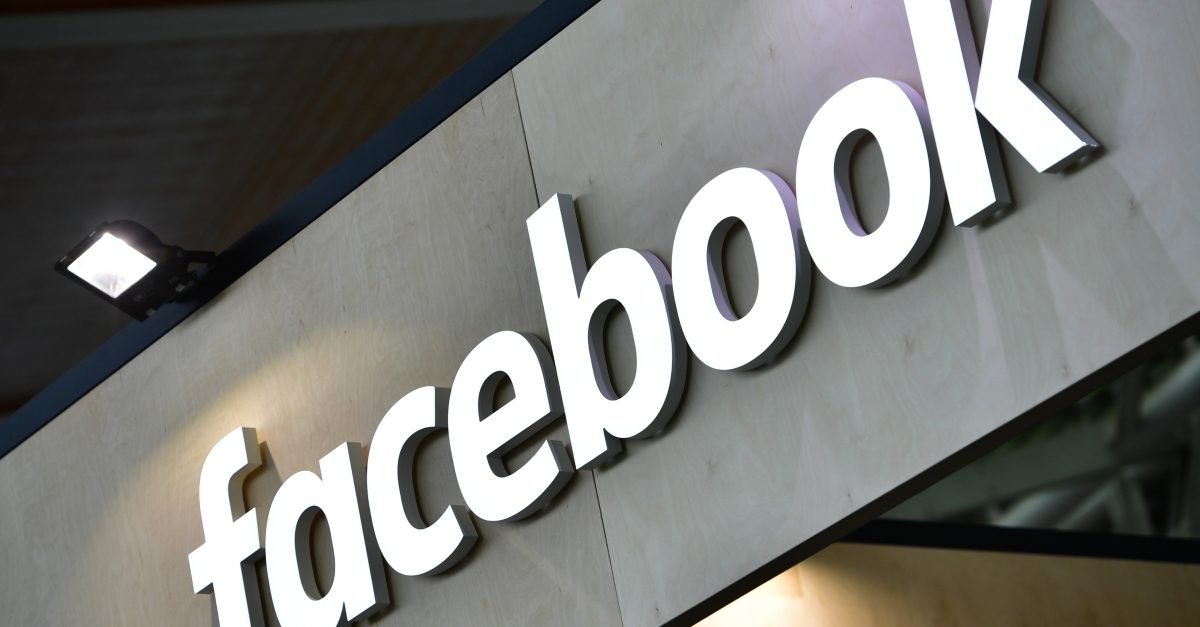
A Quinnipiac University Law Student on Tuesday filed a federal lawsuit against Facebook and its founder Mark Zuckerberg claiming the social media site violated his First Amendment rights by removing posts in which he named the alleged whistleblower, whose complaint sparked the impeachment inquiry into President Donald Trump.
The complaint centers on three posts published by Cameron L. Atkinson on Monday, all of which purported to name the Ukraine whistleblower. Atkinson says he published the posts after he “learned from friends that Facebook was censoring conservatives’ posts that mentioned the name of [the whistleblower],” leading him to “test the scope of Facebooks censorship himself.”
Each of the posts was couched in language meant to make them easily identifiable as representing liberal, conservative, neutral political ideologies.
The first post called the person alleged to be the whistleblower “a hero,” the second referred to them as a “lying rat,” and the third was a brief pontification on Atkinson’s “conflicting thoughts about naming [the whistleblower].” Facebook removed all three of the posts within approximately five hours, citing its “community standards” of deleting material that could result bullying or harassment.
Atkinson’s lawsuit is premised on the allegation that, in removing the posts, Facebook was denying him the ability to speak publicly on a matter “based on the perceived content of the ideas he sought to express.” As all three of the removed “test” posts were specifically intended to represent different ideological perspectives, however, it is not clear what “ideas” Atkinson claims are being censored. In fact, the removal of Atkinson’s “test” posts presents extremely compelling evidence that Facebook was ideologically neutral in enforcing its policy.
Atkinson’s lawsuit also evinces an apparent misunderstanding of the First Amendment and Supreme Court precedent regarding social media censorship.
The First Amendment prevents the government from “abridging the freedom of speech;” it only limits the conduct of governmental actors. Facebook is a private company and has no legal obligation to its users right to free speech under the First Amendment.
The complaint then erroneously stated that Facebook is subject to uphold its users First Amendment rights based on the 2017 Supreme Court case, Packingham v. North Carolina.
“As the United States Supreme Court noted in Packingham v. North Carolina, Facebook is part of the ‘vast democratic forum of the Internet.’ Packingham extended the concept of a quintessential public forum from parks and physical spaces to cyberspace,” the complaint said.
But the Court in Packingham dealt with a North Carolina law that prohibited sex offenders from using social media websites, not social media websites policing its own users. As Justice Anthony Kennedy wrote in the Court’s majority opinion, “as a general rule, the Government ‘may not suppress lawful speech as the means to suppress unlawful speech.’
Atkinson is represented in the case by attorney Norm A. Pattis. If Pattis’s name rings a bell, that’s probably because he represents Fotis Dulos, and has represented InfoWars host Alex Jones in Sandy Hook lawsuits.
[image via Alexander Koerner and Getty Images]